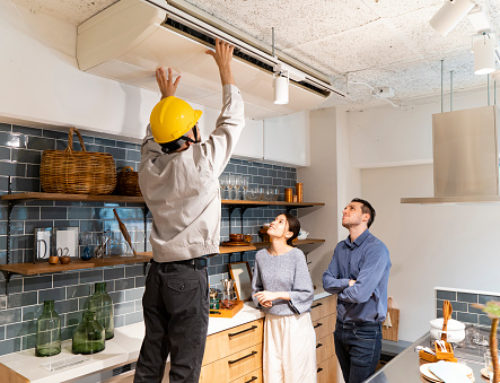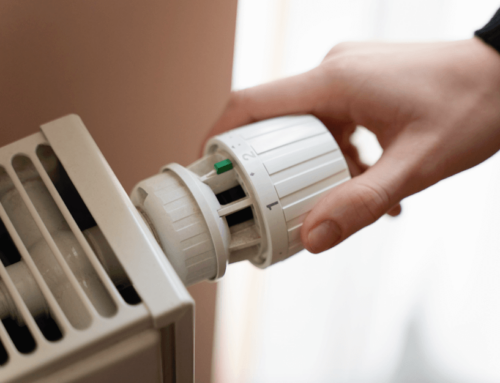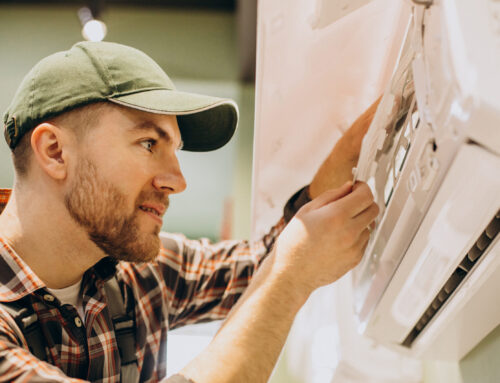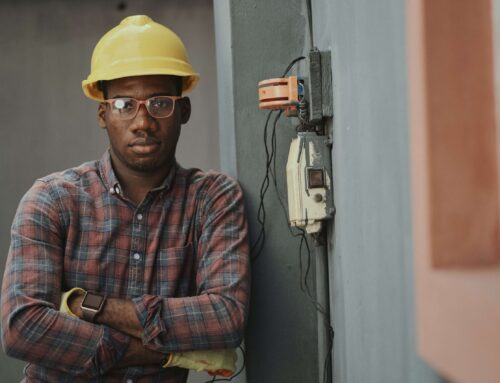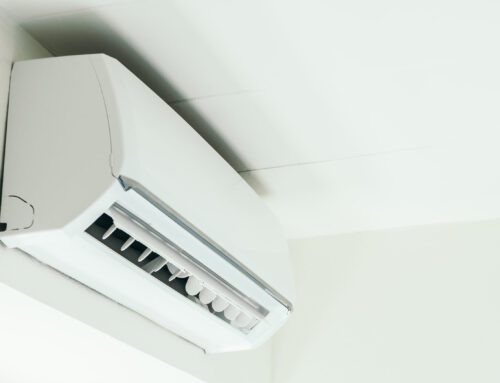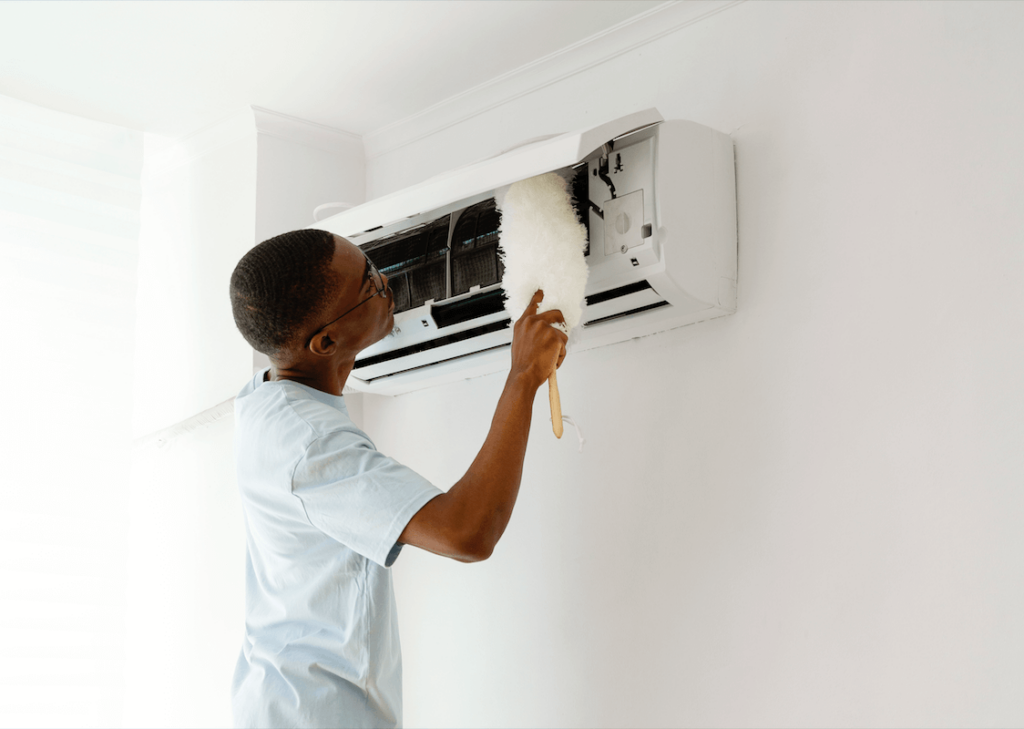
If the summer heat is creeping in and your heat pump seems to be taking a vacation, don’t worry just yet. Heat pump troubleshooting can help you find a solution to these frustrating issues.
Whether you’re a homeowner or a business owner, understanding how to address these issues can save you time, money and a lot of discomfort. Continue reading to learn more about your heat pump, including the different types that exist. Additionally, discover some common problems they may have and find out how to solve them.
What Are Heat Pumps?
Heat pumps are energy-efficient devices that heat and cool spaces by transferring heat from one area to another. During the winter, they work by extracting heat from the air or ground outside your home and transferring it inside. In summer, the process is reversed, removing heat from your indoor space and keeping you cool and comfortable.
Types of Heat Pumps
When it comes to heat pump troubleshooting, it’s a good idea to be familiar with the three most common types. They are:
- Air Source Heat Pumps: This is the most common model. It uses the air outside your home or building as the heat source or sink.
- Ground Source Heat Pumps (Geothermal): This kind uses the ground’s stable temperature as its heat source or sink. It offers excellent efficiency; however, installation is more complex.
- Water Source Heat Pumps: This type of heat pump extracts or dissipates heat through a nearby water source – such as a pond or well.

Common Heat Pump Problems and Solutions
Over time, heat pumps can experience a decline in efficiency and may even completely stop working. That’s why heat pump troubleshooting is essential. Below, we’ll discuss common heat pump problems and their solutions to equip you with the knowledge needed to identify and address any issues.
Insufficient Airflow
- Problem: Inadequate airflow can be caused by clogged air filters, obstructions in ducts or issues with the blower motor.
- Solution: Check and clean your air filters regularly. Remove any blockages in the ductwork and ensure the blower motor functions correctly. Consider scheduling professional heat pump services for a thorough inspection.
Refrigerant Leaks
- Problem: Low levels of refrigerant can hinder the cooling process, resulting in poor performance.
- Solution: A refrigerant leak requires professional attention. Contact a qualified heating, ventilation and air conditioning (HVAC) technician to detect and fix the leak and refill the refrigerant to the right level.
Defective Thermostats
- Problem: A malfunctioning thermostat can prevent your heat pump from cooling appropriately.
- Solution: Check your thermostat settings to ensure it’s set to cooling mode. If the issue persists, consider replacing the thermostat or consulting a professional.
Faulty Reversing Valves
- Problem: The reversing valve changes the heat pump’s mode from cooling to heating. A malfunctioning valve can prevent proper cooling.
- Solution: Contact an HVAC technician to inspect and repair the reversing valve.
Outdoor Unit Issues
- Problem: The outdoor unit of your heat pump can face various difficulties, including a dirty condenser coil or a malfunctioning fan.
- Solution: Clean the condenser coil regularly and verify that the fan operates correctly. If the fan is not running, there may be an issue with the motor, and it is advisable to seek professional assistance.
Is It Time to Install a New Heat Pump?
You’re now better prepared to do some basic heat pump troubleshooting and maintenance. However, there are limits to what you can do on your own, and it’s best to seek professional assistance when necessary. For reliable and qualified HVAC services, contact Canada HVAC.
With over 30 years of experience in the industry, we provide quality products at unbeatable prices. We can also connect you with a licensed local installer.
Call us at 833-226-4822 or complete our contact form to speak with one of our expert technicians.


